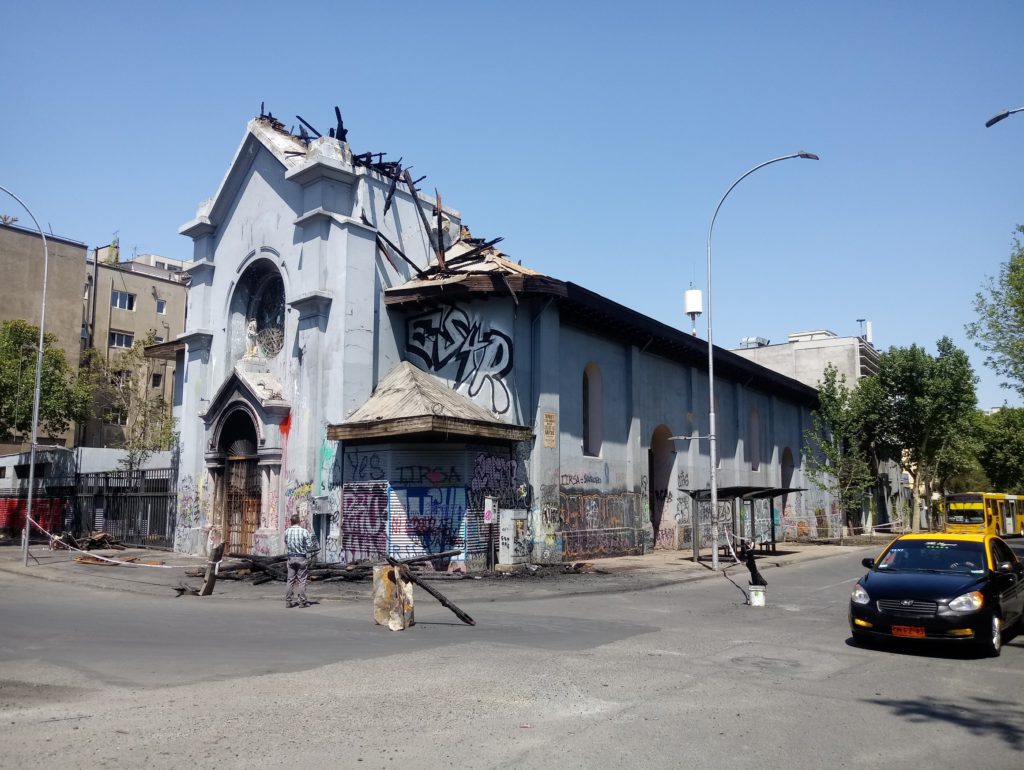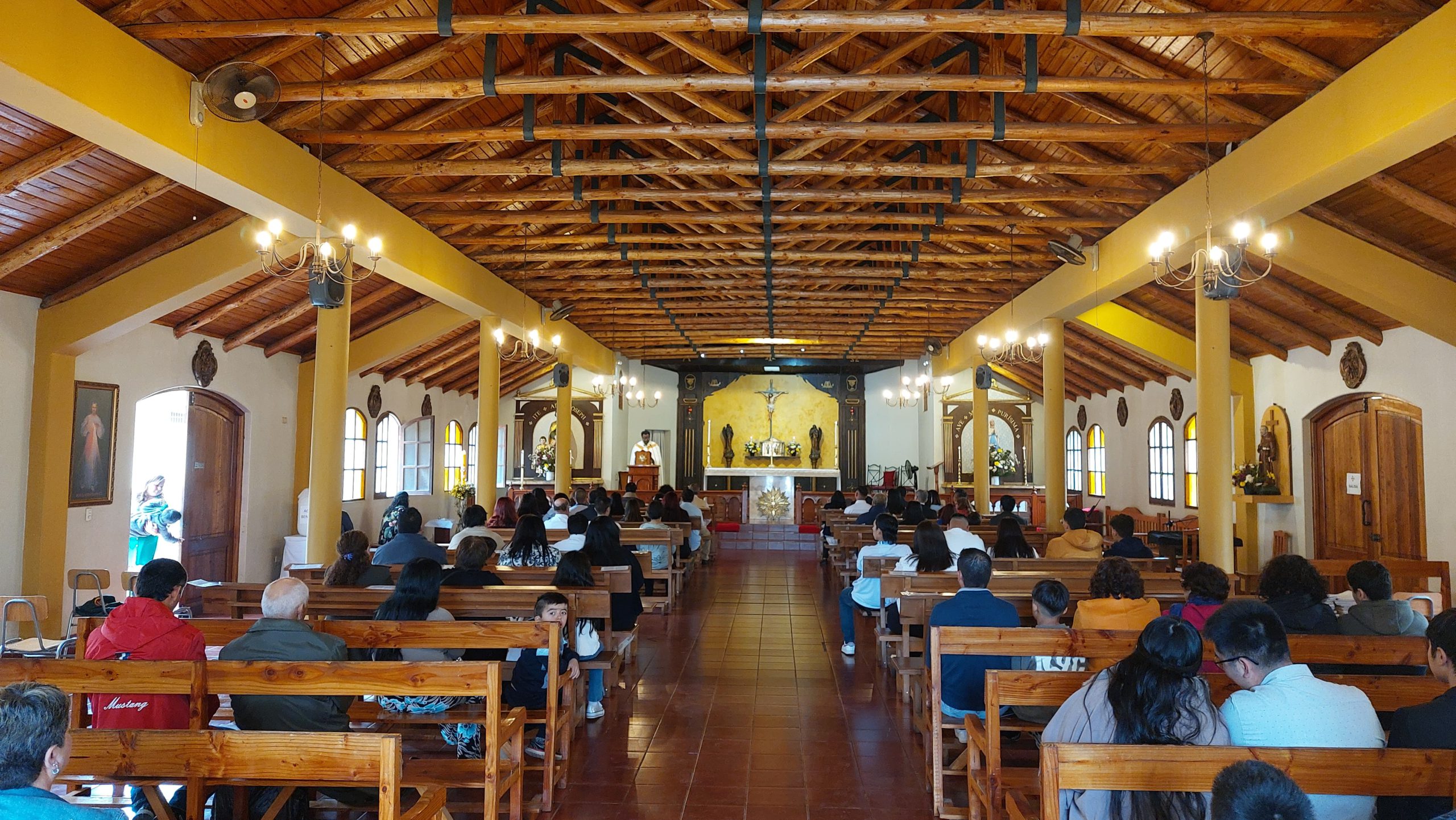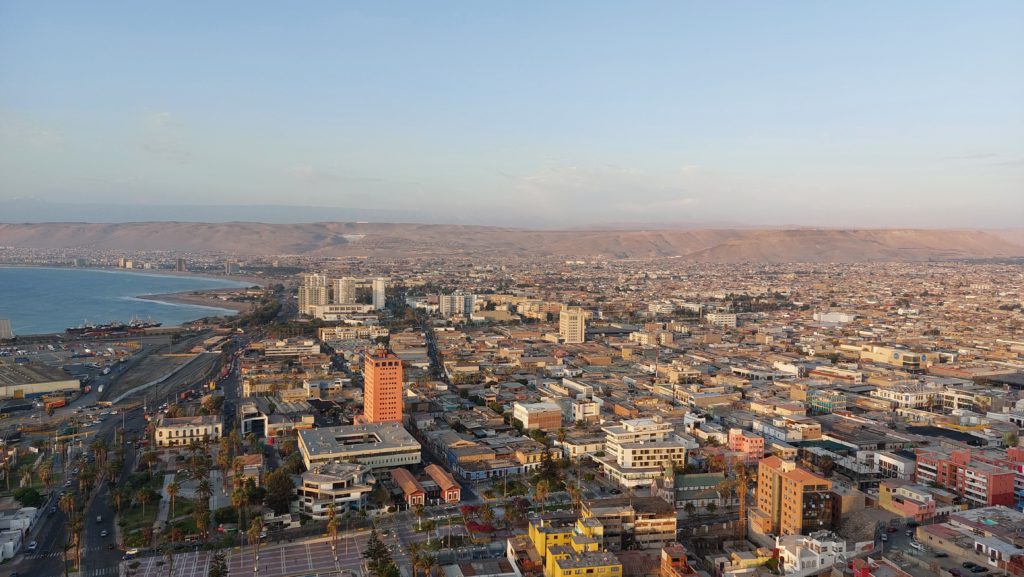Following a thrilling trip to seven dioceses in Chile, Rafael D’Aqui, project coordinator for Latin America at Aid to the Church in Need (ACN), tells of how the Church is light and hope in a time of challenge and need.
You have just returned from Chile. Could you describe the main needs of the Christians there?
The Church in Chile faces a variety of challenges. In the region of Araucania, for example, there have been a number of violent acts in the context of the Mapuche conflict. The Mapuche are an indigenous people in southern Chile, a violent minority of whom claim to defend their ancestral land. More specifically, there have been some arson attacks on chapels, which directly affect the local communities, who see their places of worship destroyed.
In the north, migration is a major issue. The Church is working with these people, recognising that migration is an important aspect in the growth and strengthening of the Christian communities.
The Archdiocese of Santiago has seen a constant expansion of its urban peripheries, which means that the Church has to constantly adapt its structures and staff. Chile is going through a crisis, in many respects, but we see these difficulties as an opportunity to “prepare the nets and launch out into the deep”, to face the challenges with hope and through action.

Did you find anything particularly moving during this trip?
It was very moving to hear testimonies of true forgiveness and hope. When we visited the Diocese of Concepción, where a chapel was burned, a lady told us that they could burn all the chapels, but they would never put out her faith. Also, when we met with the community of La Asunción, in Santiago, knowing of the terrible hatred against the Church that manifested itself there during the social uprisings in 2019, we saw the care and the love with which they keep an image of Christ that was broken during the riots, and around which they gather every Monday to pray for their attackers.
I was also impressed to see so many bishops and priests, as well as religious and laypeople, all really devoted to helping the people. Their help goes beyond the essentials. There is a true concern with the human being, with dignity, with evangelization and bestowing of consolation and hope, despite the scarcity of resources. I was also moved to see a strong presence of the Church in smaller cities, where they don’t have as many support networks as larger cities, but they continue to work, knowing that the vineyard is large, but the workers are few.
How would you sum up the challenges to the Church in Chile and in the rest of Latin America?
Over the past years at ACN we have defined five approaches related to the main challenges in Latin America, which we have also detected in Chile. Firstly, how to be a Church and be present in areas of urban growth. In Latin America the peripheries have been undergoing significant growth. We need to make sure that these new urban centres are being served, so that the faith is kept alive in the local Christian communities.
Another important issue is vocations. We were happy to see that there is much prayer for vocations in Chile. We do not only need priests. We also need marriages, families and young people who ask themselves what it is God wants for them and for their lives.
The third challenge is aggressive secularism, which has grown tremendously in Chile. Secularism is connected to a strong sense of individualism, which is present in Chilean society. This can only be overcome with faith, which draws one’s attention towards others.
The fourth challenge is related to the Social Doctrine of the Church, to teach true Christian anthropology, and the fifth is new evangelisation. Around 50% of Catholics in the world are from Latin America, but even though there are many baptisms, few are interested in the faith. There was one figure which I was surprised to hear during my trip: secularisation has progressed so far in Chile that there are Catholic schools where 80% of the children are not baptised.

What can be done in these situations? How can ACN respond?
The first thing to do is to pray and ask the Holy Spirit for the grace to be able to respond in a creative way. Regarding ACN, we help to make the Church present. For example, every year we have, more or less, five new radio projects for Latin America. We also help to provide boats so that the religious can reach the faithful who live in the Amazon. Furthermore, we have projects related to publications aimed at helping young people to learn about the Church’s Social Doctrine, so that they can live in a more authentic manner.
The Church is hope, and by holding a hand out to those who suffer, it accompanies in love those who need encouragement. At ACN we want to help those who seek to do good, through the help of our benefactors.


